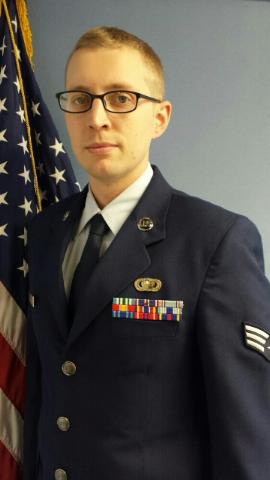

More than any other branch of service, the Army National Guard offers a wide range of intelligence-related positions. Through your training, you will develop the skills and experience to enjoy a civilian career as a translator for government agencies, embassies, universities, and companies that conduct business overseas. Interest in speech, communications, and foreign languages.Procedures for handling classified information and preparing reports.Analyzing foreign communications to support missions.Identifying foreign communications from an assigned geographic area.Provide transcripts and translations from foreign communications.

Provide translation expertise to analysts.Recognize changes in transmission modes and tip the appropriate authority.Identify and analyze foreign communications.

Specific duties of the Cryptologic Linguist may include identification of foreign communications categorizing signals by activity type foreign communication analysis recognizing changes in transmission modes and reporting the change providing translation expertise to analysts supporting Signals Intelligence tasking, reporting, and coordination and providing transcriptions or translations of foreign communications. In this role, you will earn a security clearance and perform or supervise the detection, acquisition, geolocation, identification, and exploitation of foreign communications using specialized signals equipment. As a Cryptologic Linguist in the Army National Guard, you will learn to interpret the words, intent, and tenor of these foreign communications, and present it to the people who need it the most. Hope he enjoyed Monterey, even with the el Nino (had a big one my year too).Our national security relies on information gathered from foreign language sources. The job has changed a lot since I was in (hence the splitting of the MOS into two separate ones), so I can't tell you exactly what or where he'd go, but it's a great job if you have to be in the army.Įdit: Oops, just noticed that this was 2015, not 2016, so definitely not going to be of help now. Arabic, Farsi, Urdu, Dari, etc., likely mean someplace hot, dry, and sandy that either ends in '-stan' or '-aq'. Where obviously depends on your language. After that, depending on your scores, you'll probably deploy overseas. Plus, now they treat DLI as initial training (sort of an extension of basic), so you are potentially under very strict restrictions on your personal freedom for up to 18 months (some languages extend to learn a dialect) and don't even have your MOS yet, since your actual MOS training comes later.Īs far as where you go after that, the first stop is Goodfellow AFB in San Angelo, TX. Consider that the expectation is that you walk in knowing nothing about a language and within 4-12 months (depending on the language) you are a functional linguist in it. Do it again, and you were out, 'reassigned according to the needs of the Army'. When I was there if you ever fell below 75% on anything, you were 'recycled' - sent back to start over. I know this is probably too late to do any good, but first, yes, DLI is a very tough school - 40% dropout rate for the harder languages. I'm a new member here, so I'm just seeing this thread, but that was my MOS (except it was called 98G back then, and included combat electronic warfare as well as crypto-linguist). Deployments are mostly stateside, but again, vary on language. Sorry I am rambling, but hope this somewhat answers your question. It's a very important mission and they spend long hours processing a massive amount of intel. They work with a lot of other government agencies and work with very sensitive information, meaning they won't be able to talk about a lot of what they do. Also the time spent at DLI is contingent upon the student passing the language course and being proficient in said language skills.īeing a crypto linguist can be very challenging/demanding/stressful. The courses at DLI can vary from several months to a year and a half (haven't heard of many longer than that). (deployments can be rare depending on the mission/language)ĭLI is also dependent on the language assigned. Location is dependent on which language your son is assigned. Albeit Air Force, but it seems that the Air Force and Army tend to work in similar locations (e.g.


 0 kommentar(er)
0 kommentar(er)
